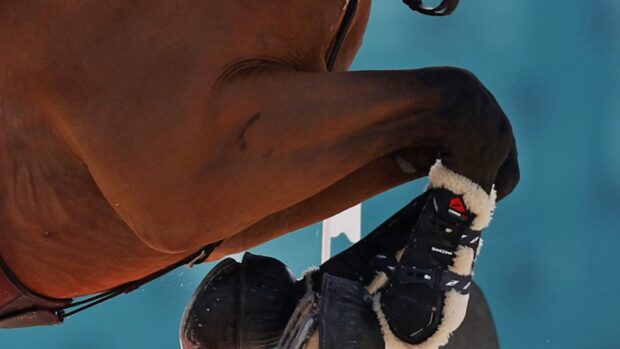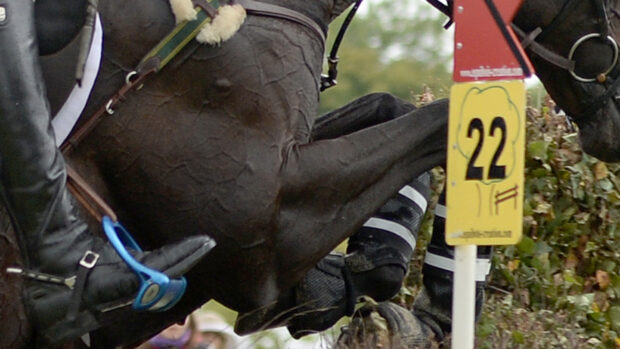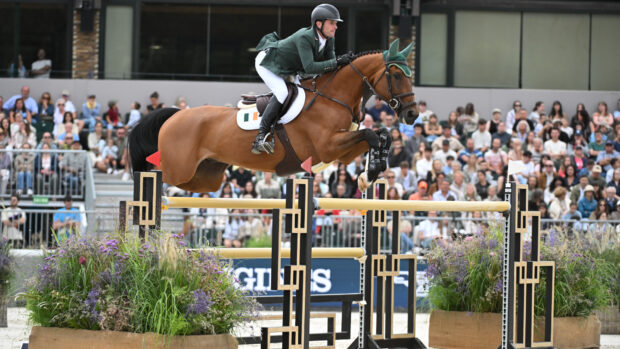A blueprint for the way forward to ensure the future of equestrian sport was set out at the FEI general assembly, following 18 months of work and research by leading figures.
Professor Natalie Waran presented the FEI-appointed Equine Ethics and Wellbeing Commission’s (EEWC) final report at the general assembly in Mexico on 21 November, which covered public perception of horse sport and ensuring equines have a good life.
The report, titled A good life for horses: a vision for ensuring the future involvement of horses in sport, comprises 30 recommendations, asks the FEI to define what a good life for competition horses looks like and calls on everyone in the horse world to take accountability. In simple terms, these fall under the areas of: be a leader, be accountable, be trusted, be transparent and be proactive.
It also urges the FEI to adopt the “precautionary principle”. This means putting horse welfare as the focal point in decision-making by understanding that absence of evidence does not necessarily mean evidence of absence.
The recommendations include establishing a permanent FEI equine ethics and wellbeing independent advisory committee, to act as a “critical friend”, and provide external perspective and independent advice, and adopting an evidence-based approach for assessing the impact on horse welfare of new and existing items of tack and equipment. Another is for additional checks by trained professionals to ensure horses are always “fit to compete”. It also asks the FEI to develop and implement a robust FEI internal decision-making process, to ensure that equine welfare and ethics are prioritised when developing policy and in practice.
The main takeaway from Prof Waran’s presentation is that the future of horse sport rests on everyone’s shoulders.
“Everybody knows that changing the status quo can be extremely challenging. It’s hard because often people hang on to the old stuff, because they overestimate the value of what they have. And they can underestimate the value of what they might gain as a result of change,” said Prof Waran.
“That is why we really want to remind you that this is more of an evolution of the equestrian sports and not a revolution.
“Social acceptability isn’t something that you can market your way out of. It’s not something that nice pictures, or talking about partnerships and so on, is going to solve. Part of the story is telling the story well, but [public acceptance] isn’t able to be self-rewarded just on that basis.
“The important thing is to earn trust, through listening and engaging and remaining legitimate, credible and accountable to that external scrutiny. Real commitment to prioritising equine welfare needs to be demonstrated not just by what we’ve written in the paper, and the work we’ve carried out over the 18 months we’ve been doing this, but by what is actually being done as a result of that work.
“Leadership is about you, every single person in this room, every national federation, every equestrian organisation and of course the FEI, overarching all of that. We believe that if we all show that responsibility, then we can certainly secure the future of equestrian sports.”
FEI president Ingmar de Vos commended the commission for this “important body of work” and added that this will “contribute to a larger strategy and concrete measures” that will be presented at the 2024 FEI sports forum.
World Horse Welfare chief executive Roly Owers, who was also presenting at the general assembly, said the report provides the equestrian world with a “really exciting opportunity”, adding that national federations being proactive “makes a huge difference”.
“We must demonstrate our ongoing commitment to both prioritising equine wellbeing and scrutinising everything we do from an ethical standpoint. We must do this in both word and action, because this is not just a communication exercise – ‘welfare washing’ will get us nowhere,” said Mr Owers.
“The ball is very much in our court and the future of horse sport will be dictated by how we play it.”
You might also be interested in:

Subscribe to Horse & Hound magazine today – and enjoy unlimited website access all year round
Equestrian world commits to maintaining a good life for horses in sport

Involvement of horses in sport is ethically ok, research finds
Horse & Hound magazine, out every Thursday, is packed with all the latest news and reports, as well as interviews, specials, nostalgia, vet and training advice. Find how you can enjoy the magazine delivered to your door every week, plus options to upgrade your subscription to access our online service that brings you breaking news and reports as well as other benefits.




